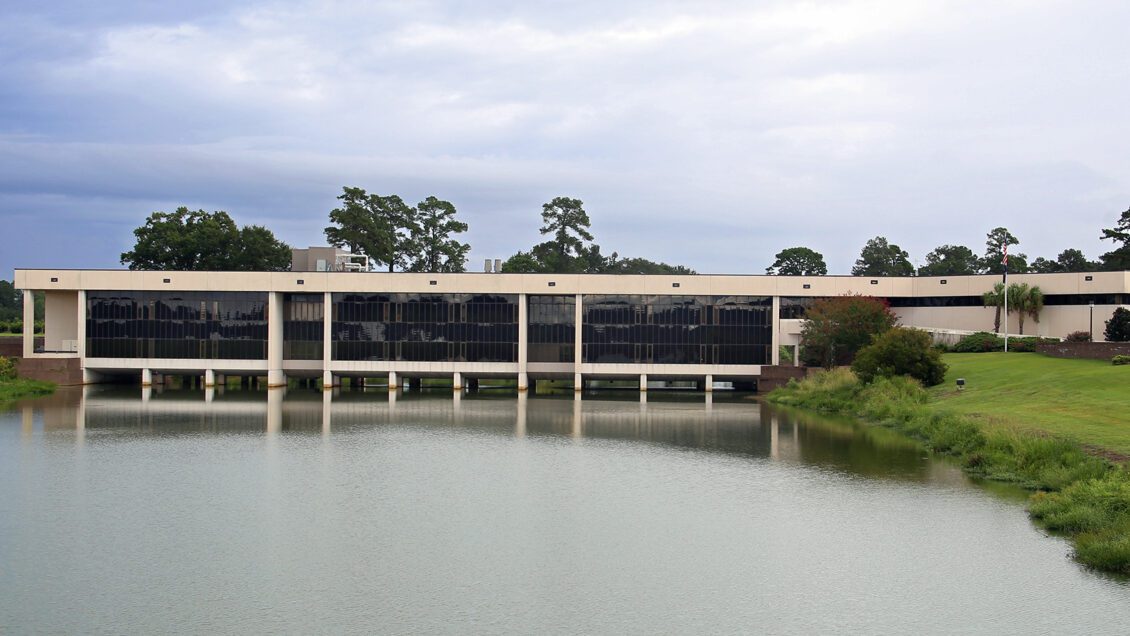Renowned Texas cotton breeder takes lead of Clemson’s Florence research station
Florence, S.C. — After a national search, Clemson University has announced the hire of a world-renowned scientist as the new director of its Pee Dee Research and Education Center (REC).
Jane Dever was a professor, cotton breeder and Regents Service Fellow at Texas A&M AgriLife Research at Lubbock in her most recent post prior to coming aboard April 1 at Clemson, where she will lead its research facility in Florence and Darlington Counties.
“I’m coming to Pee Dee with a passion for the land-grant university model and for centers,” Dever said. “Some feel the main campus is kind of the shining star, but I’ve always had a passion for these research centers. I really enjoy the traditional reason they are there and, as our world changes, want to help keep those centers a viable and integral part of the university system.”

The Pee Dee REC is situation on 2,300 acres where top-quality research focuses on both traditional and new plant-based systems appropriate to the Pee Dee region of South Carolina and other areas crucial to a sustainable future for the state’s farmers.
The station is integral to the university’s land-grant mission and the Clemson Cooperative Extension Service, as it is one of six RECs, collectively known as the Clemson Agricultural Experiment Station, strategically located throughout South Carolina according to the state’s unique soil types and climates.
“Dr. Dever has an extensive record of national and international scholarly productivity and service,” said Experiment Station Director Paula Agudelo, who also serves as associate dean for research in Clemson’s College of Agriculture, Forestry and Life Sciences (CAFLS). “She is a proactive leader for initiatives relating to cotton breeding and genetics and maintains a critical and extensive cotton cultivar testing program. We are excited to welcome Dr. Dever to Clemson University and to her new role as research leader of the Pee Dee Research and Education Center.”
Broadly, RECs give Clemson scientists the research space to work toward solutions to feed a growing global population, conserve natural resources and enhance the state’s economy. But each REC also has regionally specific research focuses, and Pee Dee’s include plant breeding, biotechnology and agronomy.
For Dever, who grew up on a 160-acre cotton and small grains farm near Abernathy, Texas, working in agriculture was in her blood. After she garnered a scholarship from Southwest Textiles Inc., a mill in her tiny hometown, Dever earned her bachelor’s degree in Textile Engineering, master’s in Crop Science and Ph.D. in Agronomy, with a focus on plant breeding, from Texas Tech University.
Dever said she believes her varied educational and work background will serve her well as she takes the REC’s lead role.
I really enjoy addressing emerging challenges or transitions from traditional to transformational practices, and both new faculty and existing disciplines at Pee Dee REC were really exciting to me, as is the opportunity to engage with the Clemson Advanced Plant Technology Program and ongoing state, national and international research initiatives.
JANE DEVER, PEE DEE RESEARCH AND EDUCATION CENTER DIRECTOR
As associate director of the Lubbock Research and Extension Center — the largest of Texas A&M AgriLife’s 13 research centers — Dever led partnerships and collaborations among the U.S. Department of Agriculture Agricultural Research Service, Texas Tech University and the Texas A&M University System Agriculture Program and interacted with commodity boards representing underground water districts, cotton, corn, grain sorghum, peanuts, cattle feeders and wine grapes.
Before joining Texas A&M AgriLife, Dever managed global cotton breeding operations with Bayer CropScience. Under her leadership, more than 50 new varieties were successfully intellectual property-protected and released, including conventional varieties in Greece, Spain, Turkey and Brazil, varieties with biotechnology traits in the U.S. and Brazil, and hybrids in India.
“When Congress charged land-grant institutions with their mission in the late 19th Century, it was important for our country at the time to develop universities that would conduct research in agriculture and engineering, and the idea of these centers was that you need research and outreach in the areas where those activities are happening,” Dever said. “I understand that the model for land-grant research centers has changed over the years, and I just hope to help it change in the right direction to maintain the economic and overall health of the Pee Dee region.”
Get in touch and we will connect you with the author or another expert.
Or email us at news@clemson.edu

